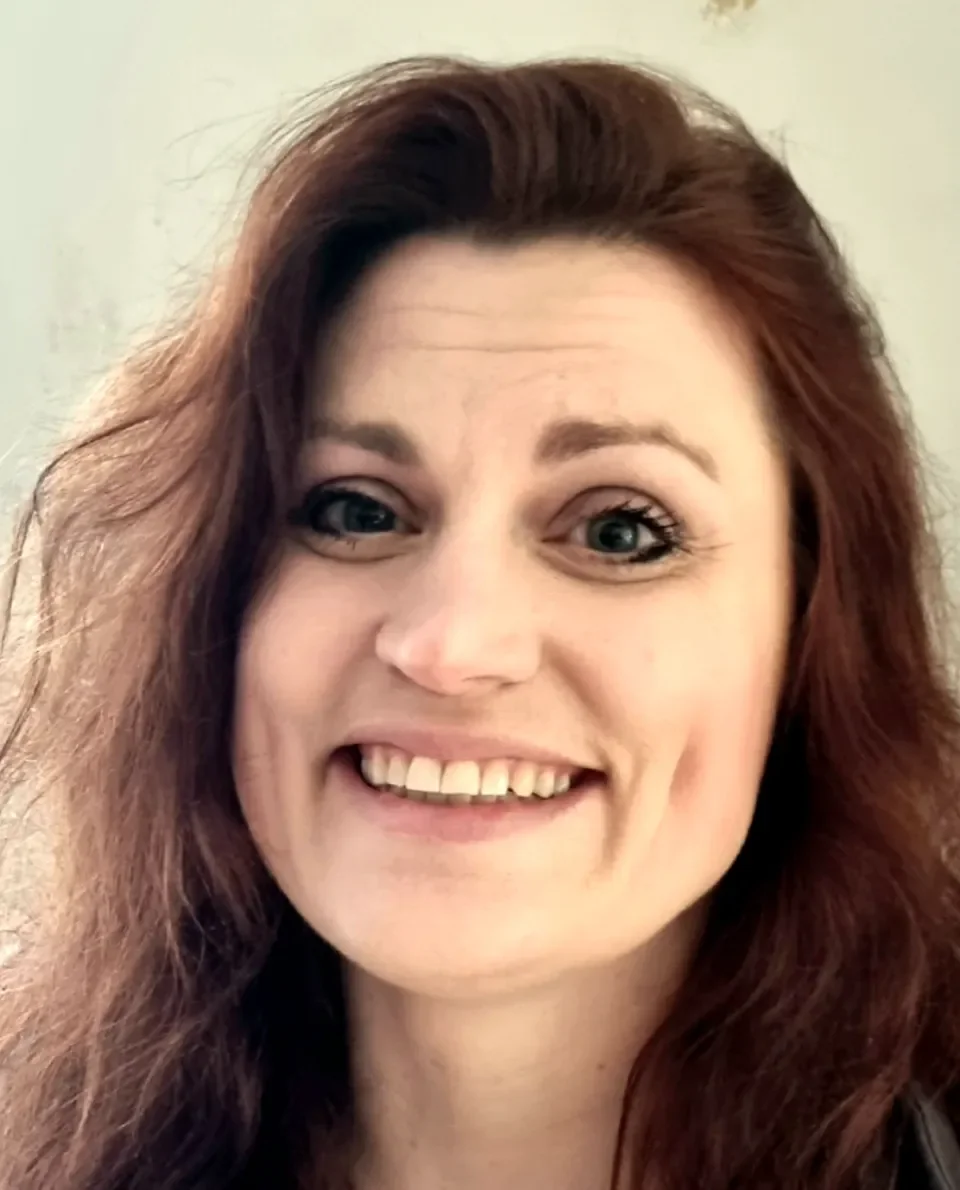

LAUNCH EVENT: DCU Centre for Possibility Studies
Join us on July 4th for the official launch of the DCU Centre for Possibility Studies, an innovative new hub for interdisciplinary research and engagement around creativity, possibility, and human flourishing. The launch will take place in the historic 1838 Restaurant on DCU’s Glasnevin campus and promises to be an inspiring and thought-provoking afternoon.
The event will feature an opening address by Centre Director Prof. Vlad Glaveanu, a discussion of the new book The Creative Imperative edited by Michael O’Reilly, and a keynote by internationally renowned psychologist and possibility studies scholar Dr. Wendy Ross of London Metropolitan University. Her keynote, FRICTION: Forged through Resistance, Impasse & Challenge, will explore how constraints and disruptions can become powerful catalysts for creativity.
Attendees will also enjoy a short musical performance, offered by the celebrated pianist Diego Monzo, light refreshments, and a drinks reception—providing a welcoming and convivial setting for networking and the emergence of new ideas.
Keynote Speaker: Dr. Wendy Ross
Abstract: FRICTION: Forged through Resistance, Impasse & Challenge: Transforming Interruptions to Open New possibilities
While we often imagine possibility as boundless and unfettered, this talk explores how true creativity and innovation frequently emerge from moments of constraint and resistance. Examining friction not as an obstacle but as a catalyst, I argue that the acute discomfort of impasse—when forward movement seems impossible—often precedes our most significant breakthroughs. This presentation investigates how the generative disruption of serendipity, those unexpected collisions of ideas and circumstances, creates productive friction that ignites new thinking.
As our technologically-mediated world increasingly designs out friction in favor of seamless experiences, I question what we lose when we eliminate these essential moments of productive resistance. What happens to innovation when algorithms predict our needs before we articulate them? What becomes of serendipity when our digital pathways are optimized for efficiency rather than unexpected discovery? The consequences of frictionless design may include diminished creativity, reduced resilience, and narrowed possibilities—suggesting that our quest for smoothness might inadvertently be dampening our capacity for transformative thinking.
Drawing on examples from across disciplines, this talk invites us to reconsider friction not as a flaw to be eliminated but as a vital force that, like a match striking against resistance, ignites the spark of true possibility.

Dr. Wendy Ross.
Bio:
Dr. Wendy Ross is a Senior Lecturer and Programme Director for BSc Psychology at London Metropolitan University, where she has established herself as an international authority in creative cognition, possibility studies, and serendipity research. With over 50 publications, she has developed influential theoretical frameworks to allow the detailed analysis of complex phenomena and pioneered cross disciplinary methodologies to investigate the role of the material in human thinking. Dr. Ross is a founding member and co-chair of the Possibility Studies Network, Managing Associate Editor of Possibility Studies and Society, and serves as Honorary Secretary of the BPS Cognitive Psychology section. Her interdisciplinary research spans psychology, philosophy, and anthropology, with particular focus on how humans interact with the unknown in creative processes. Her work has been recognized with awards from the American Psychological Association and has attracted funding from organizations including the British Academy.
Featured Book Project: The Creative Imperative
Edited by Michael O’Reilly
Subtitle: Why Creativity is Now the Foundation Stone for Human Development
The Creative Imperative presents the powerful argument that creativity is not simply an artistic trait or individual talent, but a foundational human capacity essential to personal, social, and political progress. As we face an era of transformative technological advancements, the book contends that a deep, multidimensional understanding of creativity is more critical than ever.
The project arose from the recognition that creativity is widely discussed yet poorly defined, especially in policymaking. Often framed in oversimplified or romantic terms, creativity remains under-leveraged as a resource for social and political transformation. This book aims to correct that by building a shared, research-informed vocabulary that makes creativity accessible and actionable across disciplines and sectors.
Through 14 chapters authored by leading thinkers and practitioners—including experts in psychology, education, law, neuroscience, design, AI, theatre, and literature—The Creative Imperative surveys the field of creativity as a dynamic and vital element in human development. It repositions Ireland as a laboratory of thought and action on creativity, with global relevance.
Featured Musician: Diogo Monzo
Diogo Souza Vilas Monzo, born in April 1985 in Barra do Piraí, Brazil, is a Brazilian pianist, composer, and educator of Italian descent. He is the son of Rosiene Aparecida de Souza Vilas and Renato Monzo. Introduced to Brazilian music at an early age, Diogo initially played percussion instruments before committing to the piano at age 15, under the mentorship of Professor Rogério Toledo.
He pursued formal musical education at the Centro Universitário Conservatório Brasileiro de Música (RJ), graduating with honors, and later earned a Master’s in Music in Context from the University of Brasília (UnB) and a Doctorate in Theory and Practice of Interpretation from UNIRIO. Diogo also studied improvisation and harmony at CIGAN RJ and participated in the Berklee On The Road program.
From 2008 to 2012, Diogo was active at the Segunda Igreja Batista de Barra do Piraí, where he led choral and orchestral projects, founded an arts school, and developed social music initiatives impacting over 200 children.
His career includes academic roles, such as a substitute professorship at the Federal University of Goiás (UFG) in 2017, and international recognition: he was a Top 5 finalist in the Made in New York Jazz Competition (2016) and received accolades from Best of Brazilian Music in 2015 and 2018.
Diogo’s discography includes seven albums, among them:
- Meu Samba Parece Com Quê?
- Diogo Monzo Filho do Brasil
- Sebastiana
- Luiz Eça por Diogo Monzo
- Diogo Monzo plays Luiz Eça (recorded live in Europe)
He has performed in notable venues and festivals across Europe, the United States, the Middle East, and Brazil, including the Tribeca Performing Arts Center (NY), Vienna Summer Music Festival, Sala Cecília Meireles, and Blue Note RJ. His TV appearances span national Brazilian networks, such as TV Senado, TV Câmara, and TV Brasil.
Renowned for his versatility, Diogo Monzo continues to bridge classical training with Brazilian and jazz influences, contributing richly to the contemporary Brazilian music landscape.
